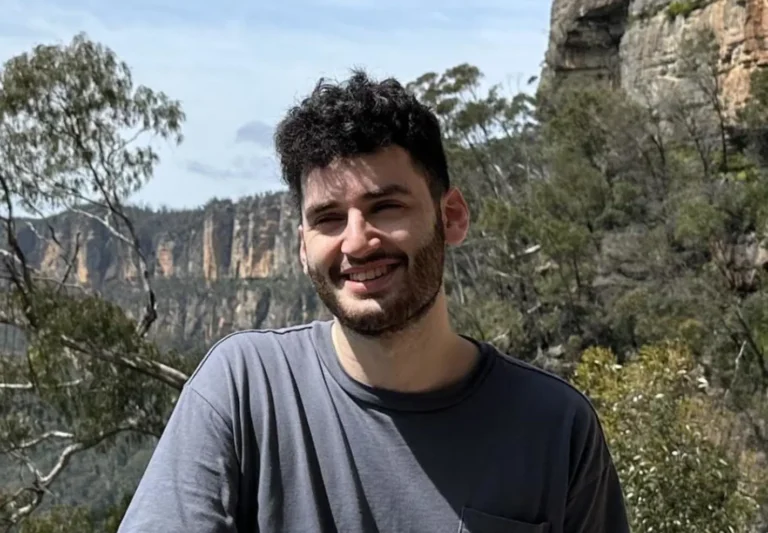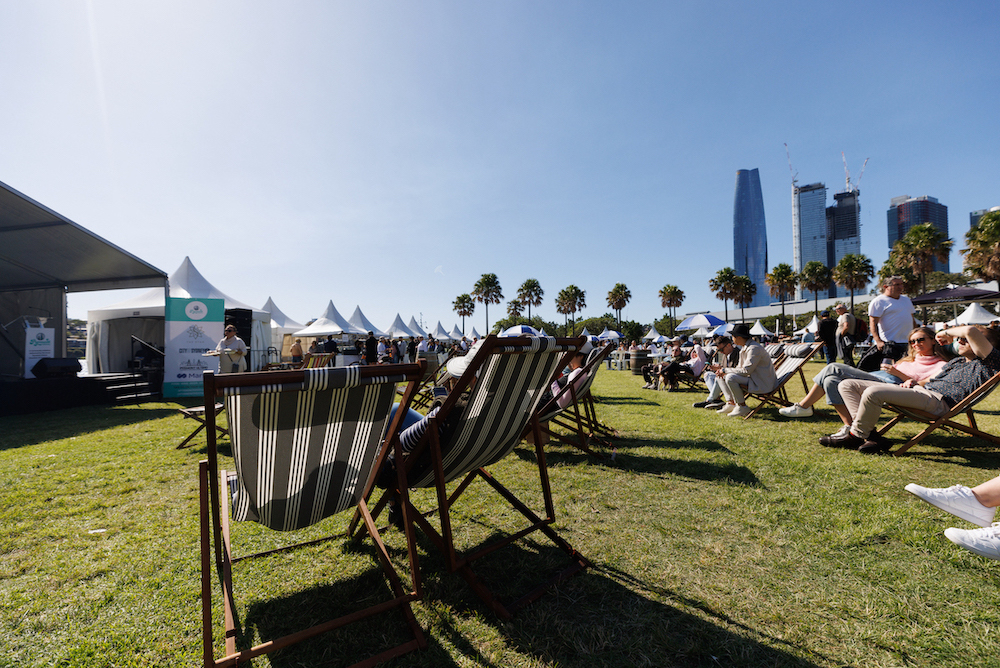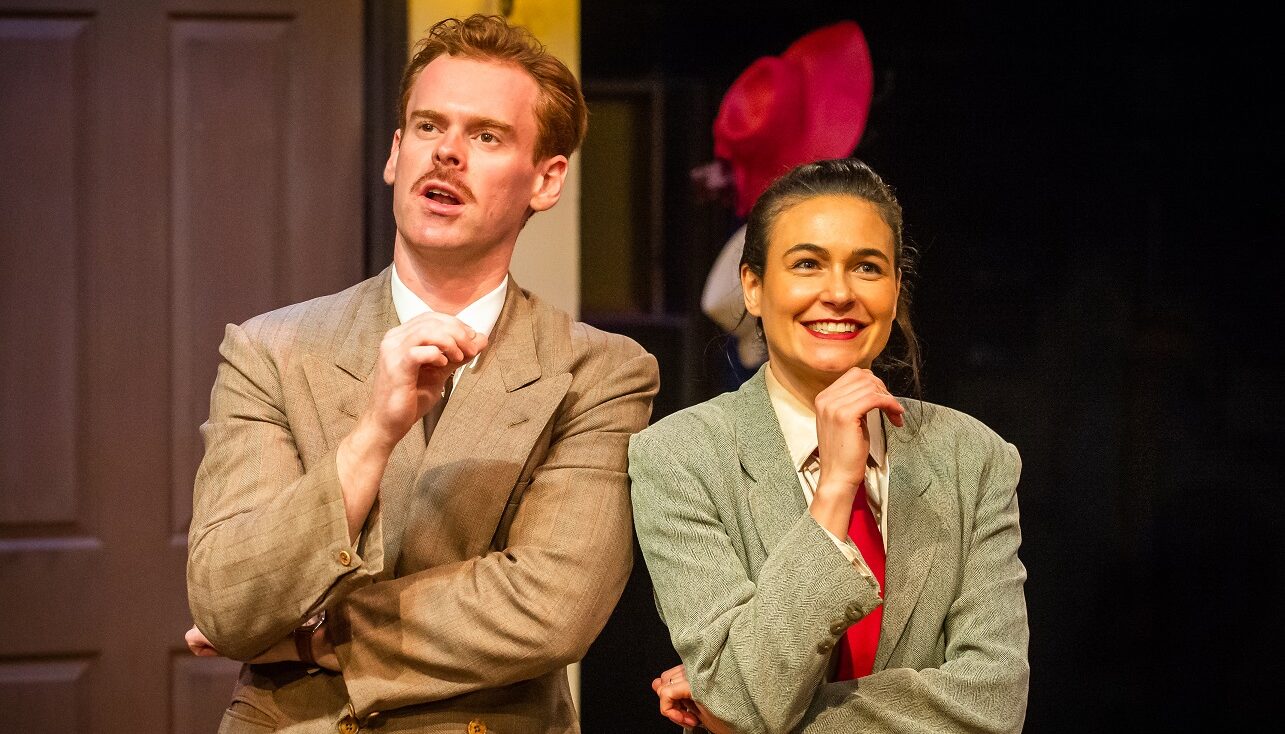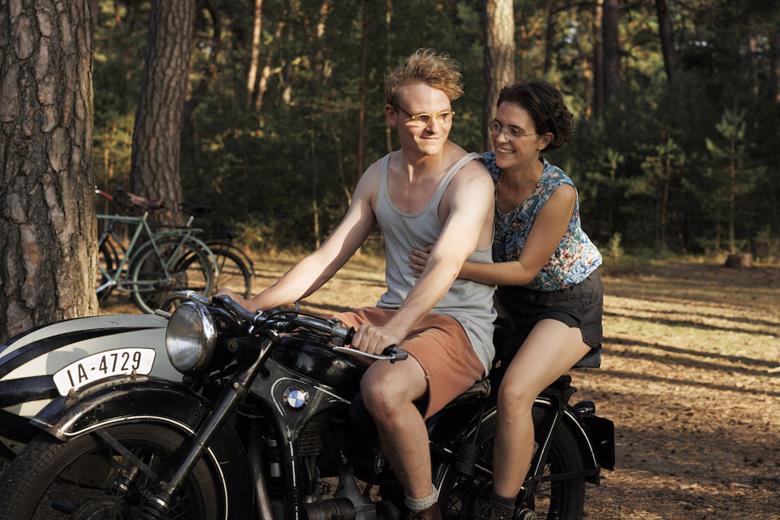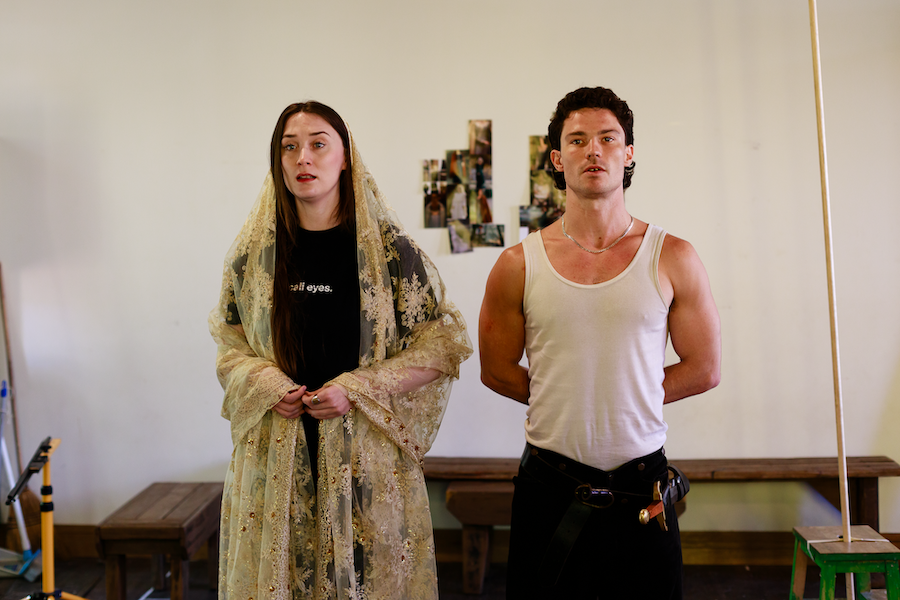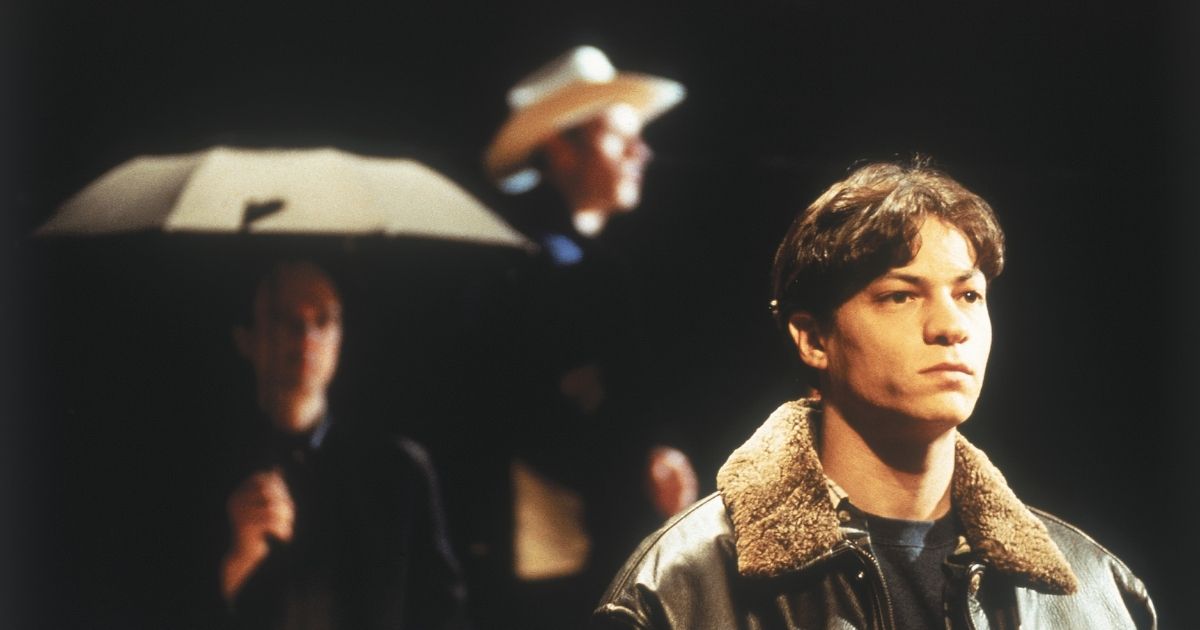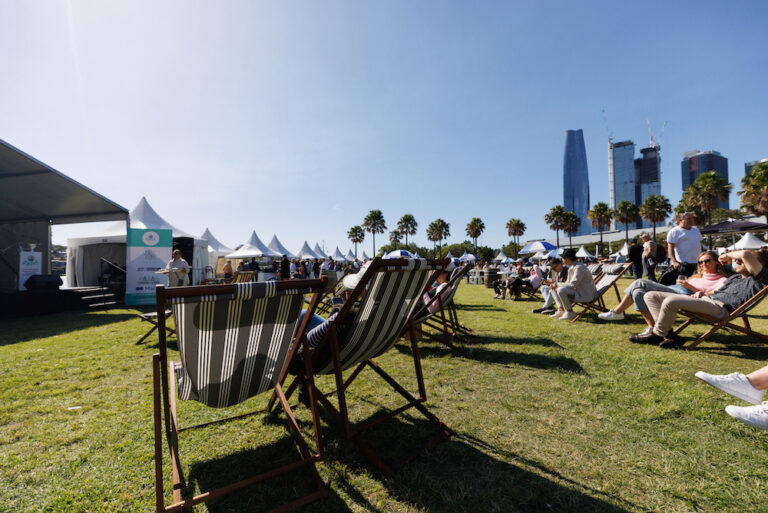
Come From Away flies back into Sydney

The musical, Come From Away has its origins in events at the beginning of the new century that have shaped the politics of the world ever since.
Early on the morning of September 11, 2001, the townspeople of the small Newfoundland town of Gander awoke to the news that a group of terrorists had brought down the New York City landmark of the World Trade Centre, and had almost succeeded in taking out the Pentagon and an unknown target in Washington DC.
Fear of the unknown gripped Northern America and the rest of the world, and the US, anticipating further attacks, ordered all planes in the air to land immediately.
During WW11 and the early days of transatlantic flights, Newfoundland’s Gander Airport was one of the largest and busiest in the world.
Now, left to service small commuter flights, its position and many runways meant that it would be once more called into service as a landing zone for all flights across Canada and the Atlantic; around 4,000 flights.
Little did the 9,500 people of this isolated town realise what was in store for them.
Osmond (Oz) Fudge was Gander’s police chief for the Royal Canadian Mounted Police (RCMP) and recalls “We did not know immediately that the planes were coming in, but two hours later we got the news.”
Brian Mosher, who was a budding newsman for local community station Rogers TV, Gander and was on duty that morning, said “There was talk that there could be upwards of 70 to 80 planes coming in and we ended up with 38.
With up to 300 people per plane we quickly went from a town of 9,500 to 16,000 people.”
Landing the planes also brought with it a lot of unknowns, such as were there more terrorists on board?
“Those planes came in over Gander Lake, not over the town, as we were expecting one of them to blow up, and once they landed, the stairs were not put into place until we were good and ready to take those people on,” Mosher said.
Passengers sat in the planes on the runway until the town, with the help of the RCMP, the Red Cross and the Salvation Army, teachers and volunteers started work on the logistics of dealing with the influx of people.

“The kids were scared because they were expecting a war to start and we only had a few hours to turn the school into a hotel with 400 people sleeping there that night,” Fudge said.
In the pre-mobile phone age, the passengers and crew had no idea as to why they had been grounded or where they were.
“We put up maps of where we were and when the passengers came out you could see the looks on their faces and it is of total desperation and “OMG, where am I?,” Fudge said.
“The officials tried to keep people from NYC from seeing their homeland under attack, so I went out to the airport and I am filming this older guy who is seeing his home being attacked for the first time,” Mosher said.
This really made me question what I was doing.”
Once the community halls and schools were full, passengers were sent to nearby towns or placed with Gander residents who had flooded officials with offers to assist.
The townsfolk of Gander were soon sharing their homes with total strangers, which Fudge puts down to: “The people of Newfoundland are extremely hospitable and we are going to go overboard with the hospitality.”
The extraordinary tale of the little town that could was the one good news story of 9/11 and quickly captured the world’s imagination plus that of producer Michael Rubinoff, who contacted writers Irene Sankoff and David Hein.
Sensing that there was something in the story, in 2011 the pair ventured to Gander and commenced interviewing its residents and many of the plane passengers, often merging their stories or telling it straight from the transcripts.

While Fudge is his own character as the police chief in the play, Mosher’s character is a composite of his real life self and that of work colleague, Janis.
From the workshop the production was transferred to Connecticut where it was developed into a full musical, with its extraordinary choreography.
One story that emerged is that of NYC resident Hannah, who while stranded in Gander, learns that her firefighter son has lost his life in the battle for the towers.
We also learn of relationships being formed and others that like the towers, will crumble, all mixed in with strange local rituals of welcome, namely the Screech In, where initiates kiss a cod and down a glass of the local rum aptly named ‘screech’.
Even the play’s title Come From Away has its origins in the local Gander idiom.
“Come from away means that if you are not born and bred in Newfoundland then you are a CFA,” Mosher said.
“CFA is not a derogatory term but it means that we have to welcome you as a friend,” Fudge said.
The level of authenticity of the production was particularly important for its musicians, who form a traditional Newfoundland Celtic band onstage consisting primarily of fiddles, whistles, button accordions and bodhrans.
In 2016 a concert version was performed in Gander prior to the production’s move to Broadway, where it is one the list of longest running shows and nominated for seven 2017 Tony Awards
Since Come From Away’s first performances, except for Covid interruptions, it has sold out and broken records across North America, Ireland, Canada, Netherlands and Australia.
As for the locals, they cannot quite work out what the fuss is about.
“We have a saying here, ‘let’s get her done’ and that’s what we did, ‘we got her done’,” Fudge said.
“It is the authentic story of what happened and that is the universal story of love.”
Come From Away returns to Sydney from 5 November, with pre-bookings highly advised.
From 5 November 2022
Theatre Royal Sydney,108 King St, Sydney

